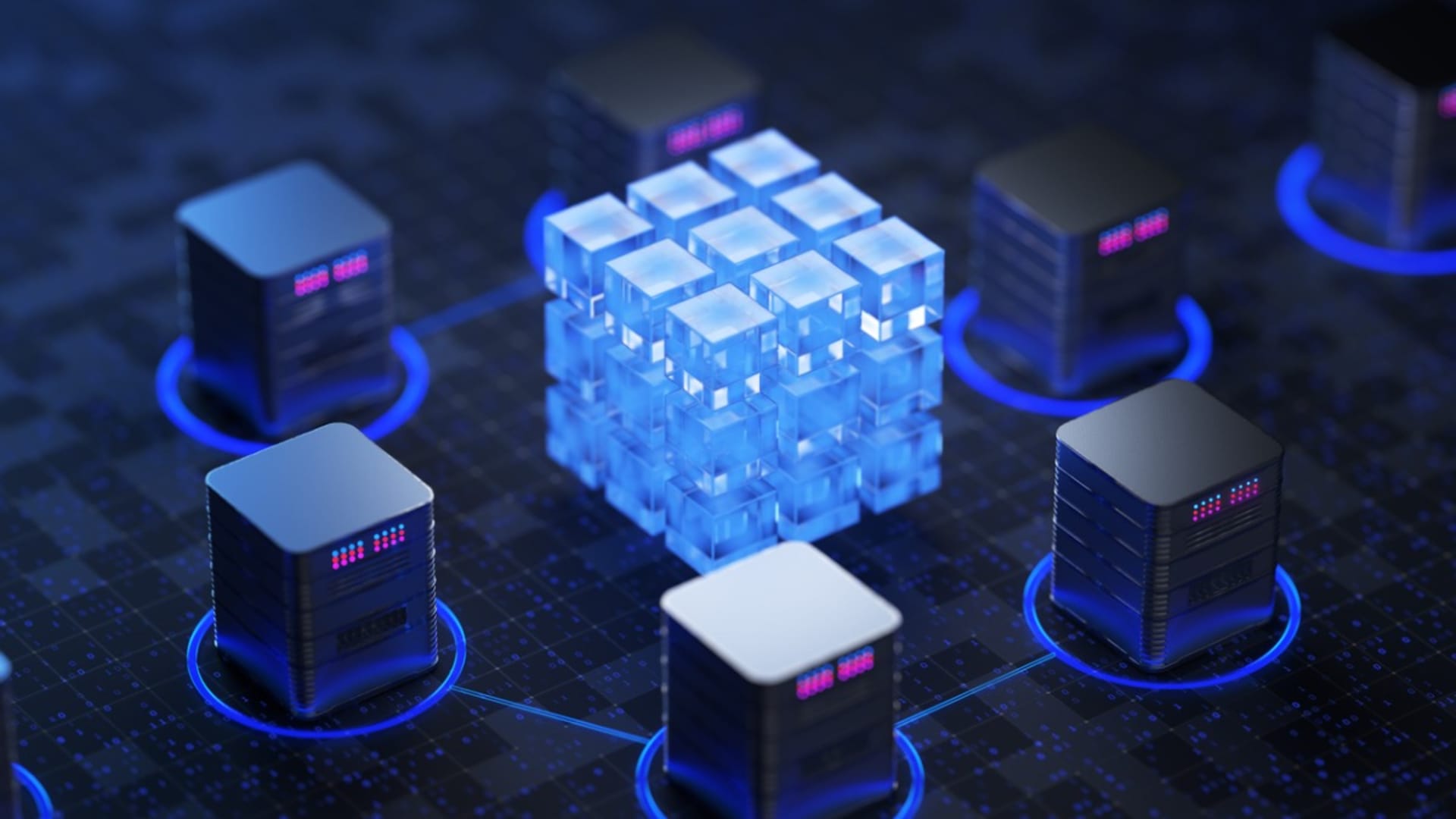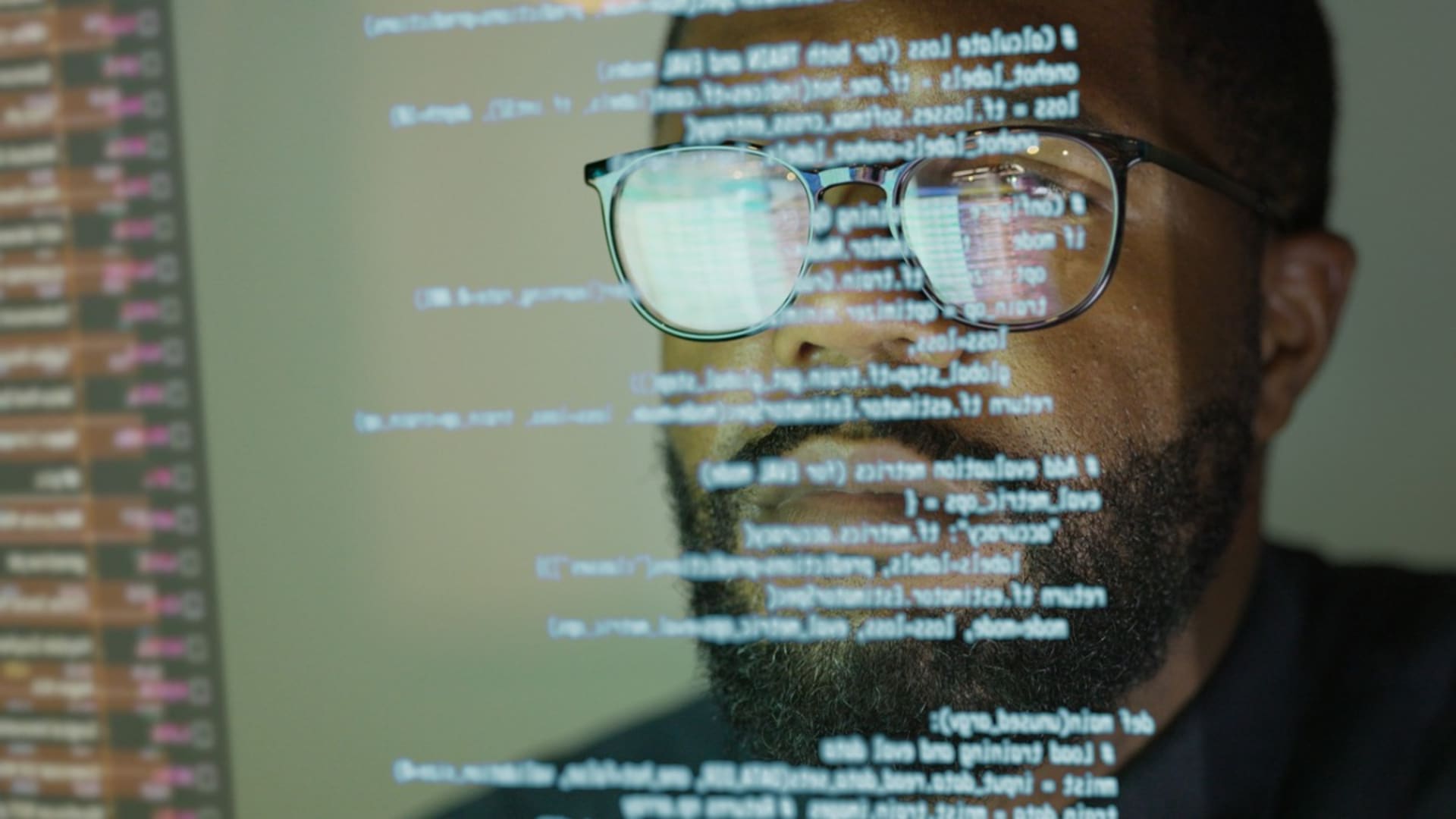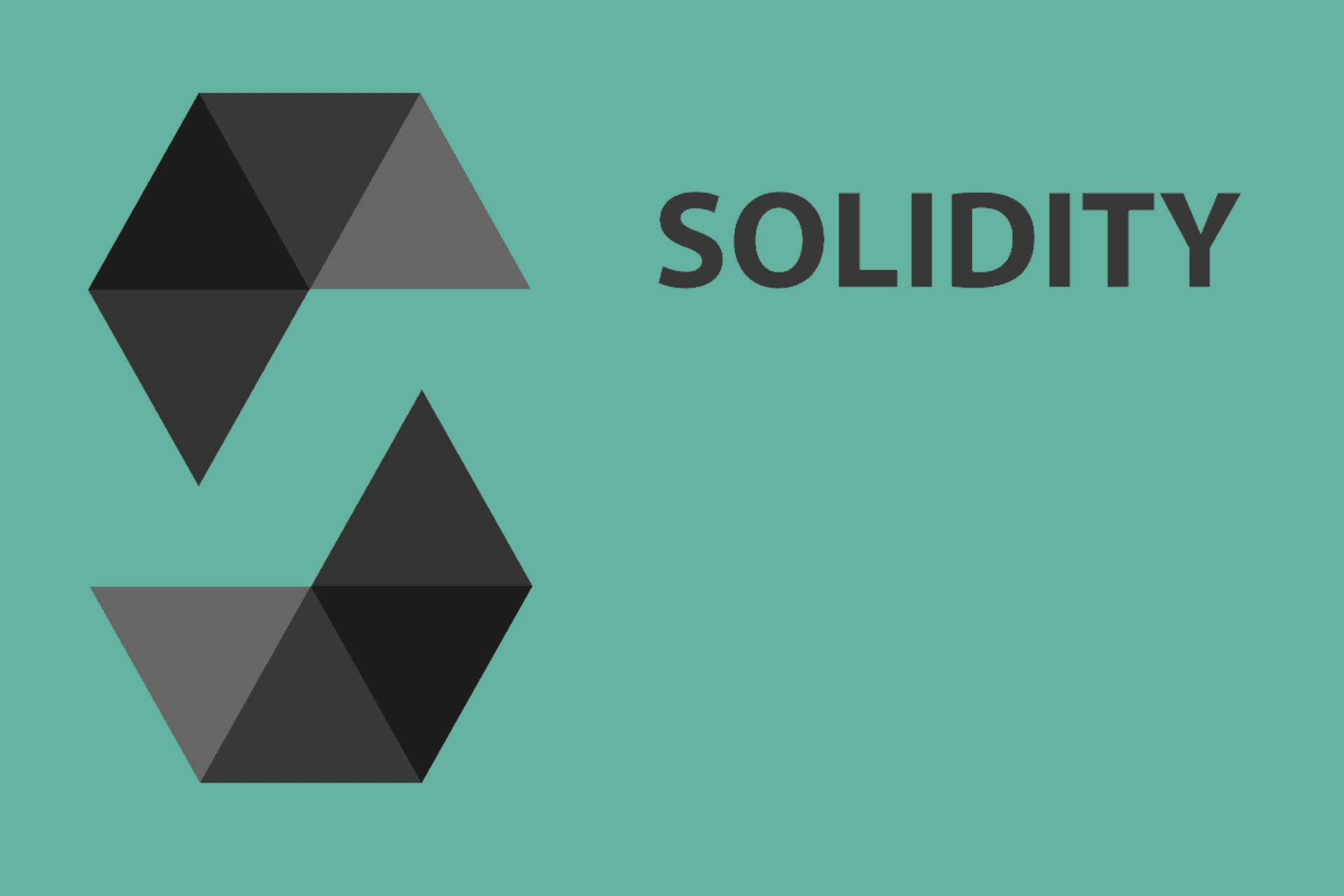- Home
- Technologies
- Solidity
- Hire Solidity Developers
Hire Solidity Developers
Hire vetted Solidity talent.
Our top 1% of tech talent has already undergone a rigorous vetting process. Get bilingual, nearshore Solidity developers on your team within 2 weeks.
500+ companies rely on our top 1% tech talent.
No time to find the top talent yourself? Skip the hassle of recruitment.




The Ultimate Guide for Hiring Solidity Developers
Hiring top Solidity developers isn’t just about filling a position—it’s about finding the expertise that can turn your blockchain vision into reality. When every day counts, you need developers who understand the unique demands of smart contracts and decentralized applications (dApps) from day one.
With a network of 4,000+ tech professionals and over 1,200 successful projects, we’ve seen firsthand what it takes to find the right fit. This guide distills our experience of reviewing millions of tech applications to help you identify and hire Solidity developers who can build secure, efficient, and scalable blockchain solutions. Whether you’re scaling an existing team or launching a new Web3 project, we’ll show you how to make hiring decisions that set you up for success.
Before You Start Hiring
Project or Team Requirements
Your Solidity smart contracts depend on your blockchain project's specifics. Are you building a high-frequency trading protocol that requires gas optimization expertise? Or a complex DAO governance system needing experience with voting mechanisms? Define your technical requirements based on transaction volume, value locked, upgrade, and integration requirements.
Niche Experience in Solidity
Solidity expertise varies. Some developers excel at gas optimization but lack experience with cross-chain bridges. Others might be experts in token standards but haven't worked with flash loans. Look for developers whose niche experience aligns with your project's focus areas.
Portfolio and References
A Solidity developer's portfolio reveals their practical experience and code quality. You might look for clean, documented code examples and the developers’ specific contributions to products. Pay attention to gas optimization patterns, security considerations, and test coverage in their previous work.
Location and Timezone
Given the high-stakes nature of smart contract development, choose developers in compatible time zones for real-time collaboration, especially for urgent responses or security audits. Aligned schedules streamline code reviews and deployments, helping the team quickly address any critical issues.
Communication Skills
Solidity development requires documentation and communication. Your software developer must write clear technical specifications and maintain update guides. Look for developers who can communicate effectively with both technical and non-technical stakeholders.
20 Skills Every Solidity Developer Should Have
Solidity development mixes regular software engineering with special blockchain skills. Because smart contracts are unchangeable and public, your developers need security, efficiency, and reliability skills.
These technical and soft skills form the foundation of a successful Solidity development team. Each skill directly impacts your project's security, scalability, and long-term maintenance.
Here's a detailed breakdown of what to look for:
Technical Skills to Look for in Your Ideal Solidity Developer
1. Smart Contract Development
Core Solidity development requires a deep understanding of the language's unique characteristics and constraints. Your ideal candidate should know Solidity's memory model, particularly the distinctions between memory and storage operations that impact gas costs and execution efficiency. They must also understand how to properly implement and use function visibility modifiers to create secure contract interfaces.
A skilled developer can log events effectively, using indexed parameters to simplify off-chain filtering. They should craft their contract architecture with careful consideration of inheritance patterns. This creates modular and maintainable code that can be effectively upgraded.
2. Gas Optimization
Gas optimization is crucial in Solidity development because it affects the cost-effectiveness of your smart contracts. An expert Solidity developer approaches gas optimization as both art and computer science, understanding how to balance code readability with execution efficiency.
Your Solidity developer should know how to pack storage slots and use complex data structures to reduce storage operations. They need to understand how to optimize loops for gas efficiency, implement batch processing mechanisms, and manage memory allocation effectively.
3. Security Best Practices
Security in smart contract development extends far beyond basic input validation. A Solidity developer must understand blockchain-specific security challenges and their solutions. This includes implementing reentrancy guards, managing integer arithmetic safely, and designing secure access control systems.
4. Testing and Deployment Frameworks
Strong testing frameworks form the backbone of reliable smart contract development. A good Solidity developer should be able to set up tests for typical situations and unusual cases. This includes unit tests for individual functions and stress tests that simulate high-load conditions.
Beyond basic testing, Solidity developers need expertise in deployment strategies across different networks. Your ideal candidate should structure tests for gas optimization, security vulnerabilities, and complex contract interactions. All while maintaining organized test suites that serve as living documentation.
5. Web3.js/Ethers.js Integration
Blockchain interaction libraries are the bridge between smart contracts and user interfaces. A skilled Solidity developer needs a deep understanding of Web3.js and Ethers.js and knows when to use each library's specific features. This includes managing wallet connections, signing transactions, and implementing efficient event listeners.
6. ERC Standards Implementation
A good Solidity developer understands the nuances of token standards like ERC-20 for fungible tokens and ERC-721 and ERC-1155 for NFTs. This includes understanding extension patterns, metadata management, and gas-efficient implementations.
7. Blockchain Architecture
Blockchain architecture fundamentals shape every aspect of smart contract development. This includes knowledge of consensus mechanisms, block structure, and network types. Your blockchain developer should understand the implications of different consensus algorithms on transaction finality and reorganization risks.
They should also understand the trade-offs between different scaling approaches and how they affect smart contract design. This includes managing cross-layer communication, handling different finality guarantees, and optimizing contracts.
8. Design Patterns
Your Solidity developer must know patterns like factories and registries. They should be able to recognize when each pattern is the right choice. Check their understanding of how these patterns affect gas costs, security, and maintainability.
9. Debugging Tools
Any new Solidity developer you consider must demonstrate expertise in using debugging tools for both development and production environments, including setting up monitoring systems and alerts. This extends to understanding memory layout, storage slots, and how to debug complex contract interactions across multiple protocols efficiently.
10. Version Control
Skilled Solidity developers must understand branch strategies specific to blockchain development, including managing multiple contract versions across different networks. This includes organizing contract artifacts and maintaining comprehensive documentation of contract changes.
11. Smart Contract Upgradeability
Your developer should know different upgradeability patterns, including transparent proxies, UUPS proxies, and beacon proxies. They must understand storage layout management, initialization patterns, and how to handle complex state migrations. This will make it easier to support contract integrity.
12. Security Auditing Tools
Top Solidity developers should demonstrate skills with security tools. They must be able to interpret their results and implement fixes. This includes writing custom detection rules, understanding false positives, and implementing testing strategies.
13. DeFi Protocol Integration
Look for a Solidity developer that knows common DeFi primitives like AMMs, lending protocols, and yield aggregators. This includes managing complex token interactions, handling price feeds, and implementing secure flash loan defenders.
14. Cross-chain Development
Cross-chain development expertise includes understanding bridge mechanics and message-passing protocols. Your Solidity developer should understand different bridge architectures, including optimistic bridges, validity proofs, and relay networks.
15. Front-end Integration
Understanding front-end integration patterns is also a good technical skill for Solidity developers. They should know how to structure contracts to support efficient front-end queries and implement event patterns that facilitate responsive user interfaces.
16. Performance Optimization
Your Solidity developer should understand how to optimize contract interactions for different scenarios, including high-frequency trading, batch processing, and complex mathematical operations. This will allow them to optimize for specific use cases.
Soft Skills to Look for in Your Ideal Solidity Developer
17. Critical Thinking
Critical thinking in smart contract development goes beyond traditional software engineering problem-solving. Your ideal candidate must demonstrate the ability to think several steps ahead, anticipating how different actors might interact with the system under various conditions. This involves analyzing potential attack vectors and understanding how different system parts interact under stress.
18. Attention to Detail
The nature of blockchain projects demands an exceptional level of attention to detail in smart contract development. Each line of code must be scrutinized for potential security implications, gas efficiency, and long-term maintainability. A strong candidate demonstrates this attention to detail through comprehensive testing strategies and documentation of assumptions and limitations.
19. Problem-Solving
Blockchain development comes with challenges in gas optimization and contract interaction. Your Solidity developer should approach problems methodically. They need to be able to look at your constraints and create effective solutions.
20. Work Ethic
Smart contract development demands rigorous testing and multiple security reviews. Your Solidity developer must maintain high standards throughout the development lifecycle, never taking shortcuts. Any cut corners could impact the project and security.
12 Questions to Identify Top Solidity Developers
When interviewing Solidity developers, it's important to ask questions that first assess the candidates' technical skills and knowledge. Employers will also usually conduct a coding test to further assess specific on-the-job knowledge.
The following set of questions aims to uncover not only the developer's technical knowledge but also their problem-solving abilities, teamwork, communication skills, and adaptability—all crucial traits for success in a collaborative environment.
Here are a few examples of technical interview questions:
1. How do you optimize gas consumption in your smart contracts?
My gas optimization strategy focuses on sing mappings over arrays, packing variables into single storage slots, emitting events instead of storing data, choosing call data over memory for read-only parameters, and optimizing loops with unchecked increments. I regularly benchmark function costs and maintain a gas budget per function.
2. What security measures do you take against reentrancy attacks?
I implement a three-layer defense: ReentrancyGuard modifiers on vulnerable functions, strict adherence to Checks-Effects-Interactions pattern, and pull-payment patterns over push-payments. All state changes must occur before external calls. Critical functions undergo additional review for potential cross-function reentrancy vulnerabilities.
3. How would you implement secure random number generation?
I use a commit-reveal scheme with multiple entropy sources. Users submit a hashed commitment, then reveal after a specified block delay. The final random number combines the revealed value with block variables and Chainlink VRF when available. This prevents manipulation while maintaining verifiable randomness.
4. Can you explain your approach to upgradeable smart contracts?
I implement the UUPS proxy pattern with dedicated admin controls. Key considerations include storage slot management to prevent collisions, initialization functions instead of constructors, and thorough upgrade testing in forked environments. I maintain detailed upgrade documentation and implement emergency pause mechanisms for critical issues.
5. How do you handle large numbers safely in Solidity?
For large numbers, I use OpenZeppelin's SafeMath for versions below 0.8.0 and built-in overflow checks for newer versions. Fixed-point arithmetic handles decimals with careful attention to precision loss. I implement custom scaling solutions for large values and validate all mathematical operations through extensive testing.
6. What's your strategy for testing smart contracts?
My testing pyramid includes unit tests for individual functions, integration tests for contract interactions, and end-to-end tests for complex flows. I use Hardhat for local testing, fork mainnet for DeFi integrations, and fuzzing tools for edge cases. Each deployment includes gas optimization tests and security scenario validations.
7. How do you maintain token standard compliance?
I extend OpenZeppelin's implementations and test suites against standard interfaces. Critical focus areas include transfer hooks, approval mechanisms, and metadata handling. I verify compliance using tools like slither-check-erc and maintain compatibility with major token standards.
8. Can you describe your approach to handling failed transactions?
I implement error handling with custom revert messages and event logging. Each critical function includes try-catch blocks for external calls, gas estimation before execution, and proper nonce management. I maintain transaction queues for batch operations and implement automatic retry mechanisms with exponential backoff.
9. Describe a challenging smart contract bug you encountered and how you resolved it,
Ask for specific examples and a clear explanation of the issue. Their response will reveal their technical problem-solving skills and ability to analyze and troubleshoot complex blockchain-specific bugs, such as reentrancy vulnerabilities or gas inefficiencies.
10. How do you stay updated with Solidity security best practices?
Look for a detailed approach, such as following prominent security researchers, actively reviewing post-mortems of protocol exploits, and regularly engaging in blockchain security forums. A solid candidate will also describe how they apply these insights to stay ahead of emerging vulnerabilities.
11. Can you walk me through your smart contract testing strategy?
The candidate should outline each step of their testing process, including unit tests, integration tests, and security audits. This insight reveals whether they take a comprehensive approach, focusing on everything from functionality and edge cases to stress tests for gas optimization.
12. How would you explain smart contract gas optimization to non-technical stakeholders?
Notice how they simplify the explanation without losing the core message. A clear, accessible response shows their ability to communicate technical concepts effectively so other teams understand how these optimizations impact cost and efficiency.
FAQ
How can I verify a Solidity developer's blockchain expertise?
There are many things to look for:
- Public GitHub repositories and meaningful open-source contributions
- Deployed mainnet contracts with proven track records
- Active participation in blockchain projects development communities and hackathons
- Evidence of security-first thinking in code reviews and documentation
What development tools should Solidity developers be familiar with?
Essential development tools include Hardhat or Truffle for testing and deployment, Remix IDE for rapid prototyping, and Tenderly for debugging. Web3 libraries, block explorers, and security analysis tools like Slither are crucial. Experience with version control and documentation systems demonstrates professional development practices.
What are the key differences between hiring for Solidity versus traditional development roles?
Deployed contracts can't be patched easily. So, security knowledge is important. Solidity developers must understand gas optimization, economic incentives, and blockchain-specific constraints that don't exist in conventional programming.
How important is previous DeFi experience when hiring Solidity developers?
Core Solidity competency and security awareness outweigh specific DeFi experience. A software developer with strong fundamentals can quickly adapt to DeFi protocols.
How do you approach learning and adapting to new blockchain standards or updates?
The blockchain space evolves rapidly, and it’s essential to have developers who can keep up. Ask candidates how they stay current with changes in Solidity, Ethereum standards, or other relevant blockchain technologies. Listen for proactive habits—such as participating in blockchain forums, following influential developers, or experimenting with new tools. This insight highlights their commitment to adapting as the industry advances, ensuring your projects benefit from the latest improvements.
How can I gauge a Solidity developer’s problem-solving approach in a blockchain context?
Evaluating problem-solving skills for Solidity developers goes beyond typical coding assessments. Look for candidates who can explain complex blockchain challenges—such as mitigating reentrancy attacks or managing transaction ordering—and their approach to resolving them. A strong candidate will demonstrate a clear understanding of blockchain-specific constraints and solutions, and may also provide examples of how they’ve navigated these issues in real projects.
What soft skills are crucial for Solidity developers working on blockchain projects?
Aside from technical proficiency, Solidity developers should possess strong communication skills and attention to detail. Blockchain projects often involve complex requirements and collaboration across different teams. Solidity developers who can clearly explain their decisions, document their code thoroughly, and engage constructively in security discussions add significant value, especially in fast-paced blockchain environments where small errors can lead to major risks.

- Hire Solidity Developers
How Businesses Can Overcome the Software Development Shortage
BairesDev Ranked as one of the Fastest-Growing Companies in the US by Inc. 5000










